US blacklisting of Houthis will worsen Yemen humanitarian crisis: Experts warn
Political analysts and American lawmakers have warned about a US plan to label the Houthi Ansarullah movement a “foreign terrorist organization,” saying it would aggravate the already dire humanitarian situation in Yemen caused by years of a Saudi-led war and blockade.
Earlier this week, news magazine Foreign Policy reported that the US State Department was considering the designation as part of President Donald Trump’s “maximum pressure” campaign against Iran. The announcement, the Washington Post said, is expected to come in December.
Speaking to the Doha-based Al Jazeera broadcaster on Saturday, Hassan el-Tayyab, a Middle East policy lobbyist at the Friends Committee on National Legislation (FCNL), said the designation would make it increasingly difficult for aid organizations to deliver much-needed aid to the Yemenis living in northern areas controlled by the Houthis.
“It’s a very scary prospect as the country teeters on the edge of famine,” he said. “They would risk being hit with secondary sanctions and other penalties. It’s going to make delivering critical humanitarian assistance nearly impossible.”
Tayyab also warned that the blacklisting of the Houthis could embolden Saudi Arabia and impede international efforts towards resolving the Yemen conflict.
“It would have catastrophic impacts on the world’s largest humanitarian crisis and hamper UN-led efforts to secure a ceasefire deal and have a negotiated settlement,” he said.
Shireen al-Adeimi, an assistant professor at Michigan State University, described the designation as one of the two last-minute measures by the Trump administration meant to strengthen Saudi forces and put pressure on the Houthis.
The other measure, she added, is a planned $23.3 billion sale of weapons, including F-35 aircraft and drones, to the UAE which is a key partner of the Riyadh regime in the military aggression against Yemen.
“This is just one more action that they’re trying to get through in order to apply pressure, but yet again it’s going to affect civilians,” Adeimi told Al Jazeera.
Joe Biden is set to take office on January 25 as the 46th US president. The Democrat has vowed to end support for the Yemen war, penalize human rights violations and treat Saudi Arabia like “the pariah that they are.”
“We know of course that this war began under the Obama-Biden administration, but since then, the Democratic Party has come to understand, at least optics-wise, that this doesn’t look good and this needs to end,” Adeimi said.
Meanwhile, a group of eight Democratic Party lawmakers warned US Secretary of State Mike Pompeo and Ambassador to UN Kelly Craft that the possible measure against the Houthis could worsen Yemen’s humanitarian crisis.
In an open letter, the legislators led by Ted Deutch of Florida and Ro Khanna of California said "a blanket designation will dramatically increase risks associated with transferring humanitarian funds to Yemen.”
Saudi Arabia launched a devastating military aggression against Yemen in March 2015 in collaboration with a number of its allied states, and with arms support from the US and several Western countries.
The aim was to return to power a Riyadh-backed former regime and defeat the Houthi Ansarullah movement that has taken control of state matters.
The war has failed to achieve its goals, but killed tens of thousands of innocent Yemenis and destroyed the impoverished country’s infrastructure. The UN refers to the situation in Yemen as the world's worst humanitarian crisis.
On Friday, UN Secretary General Antonio Guterres said Yemen was on the verge of “the worst famine” the world has seen for decades.
VIDEO | Press TV's news headlines
UN experts: Israel again 'weaponising starvation' in Gaza
UNRWA: Israel's West Bank aggression aligns with annexation 'vision'
VIDEO | Destruction of Barquq Castle in Khan Yunis
VIDEO | Gaza ceasefire has stalled, and Trump's warnings
Syrian regime declares curfews in several regions
Sudan takes UAE to UN court over 'complicity in genocide'
Trump's threats will embolden Israel to ignore ceasefire: Hamas




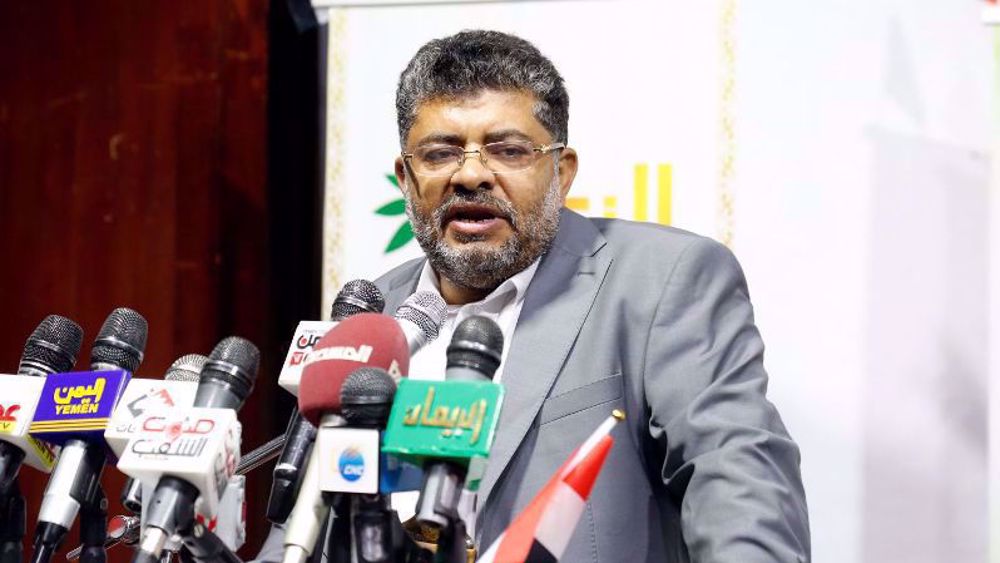
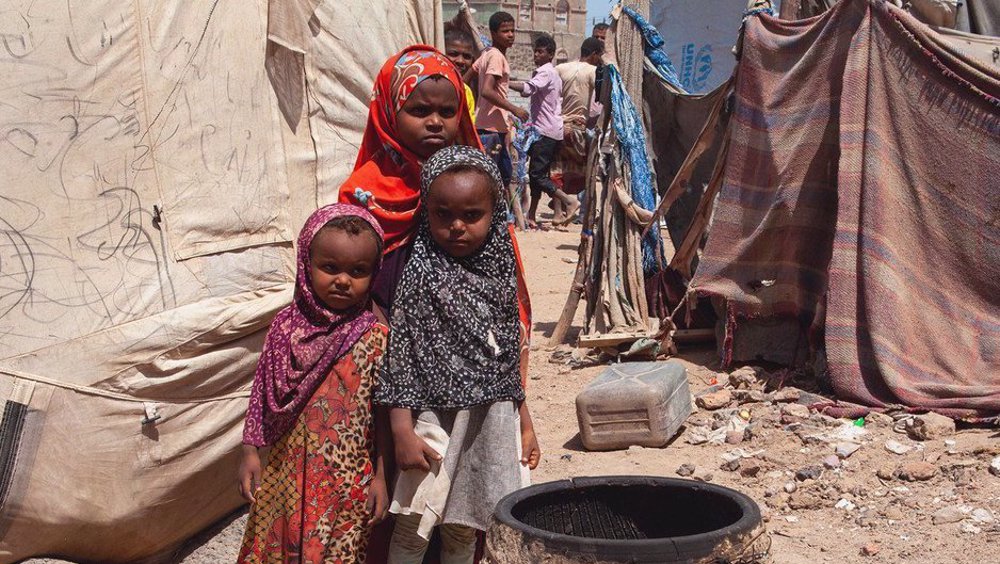
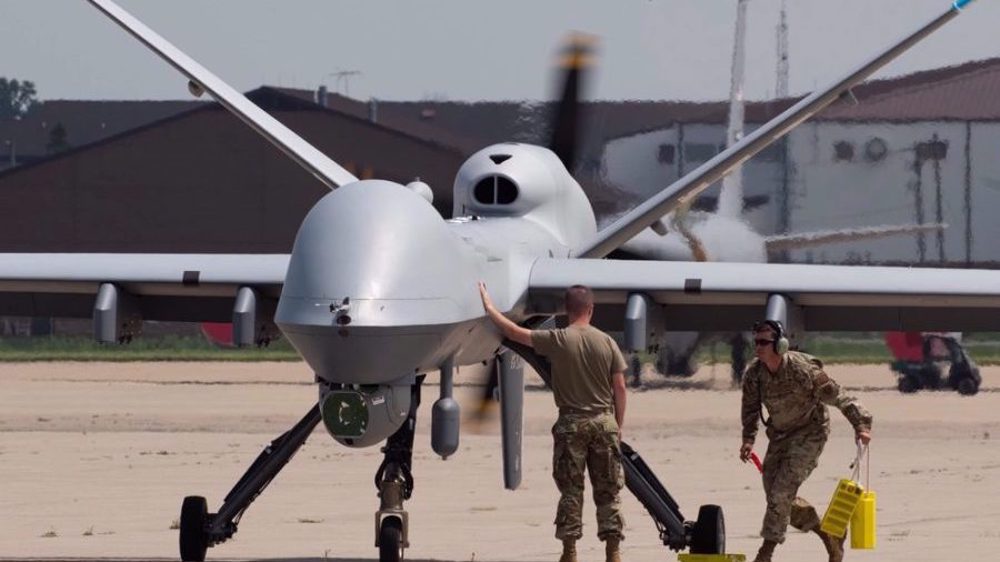



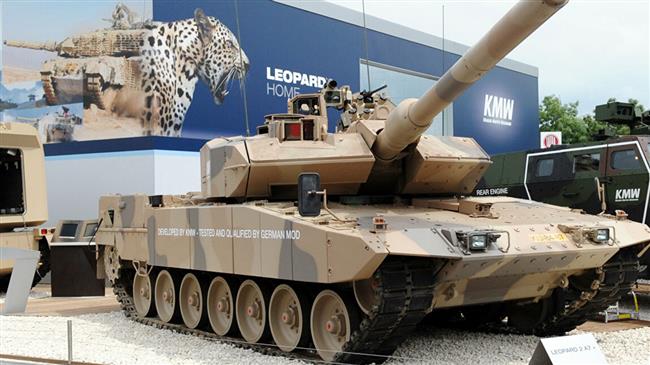
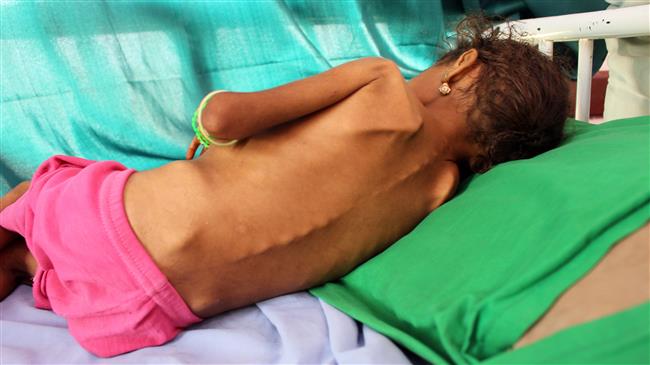
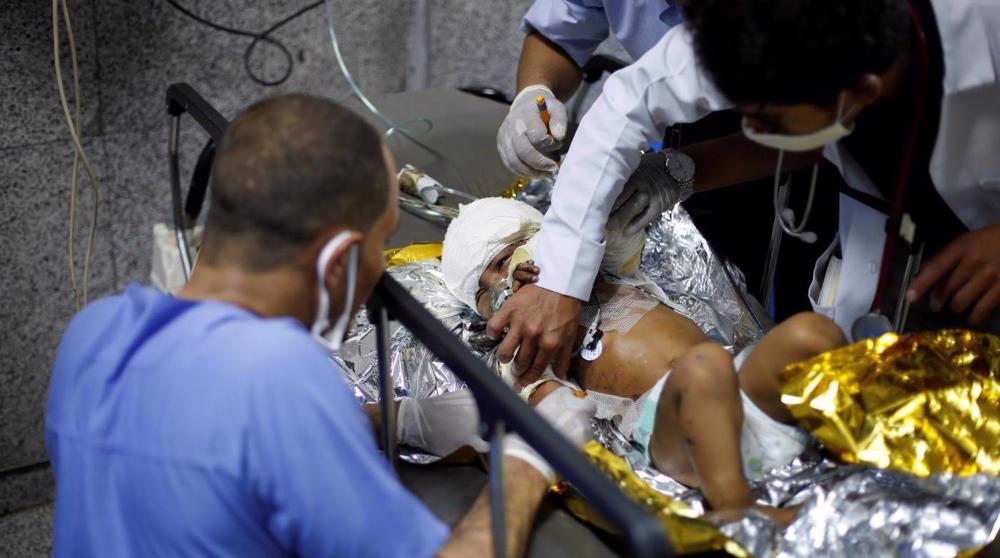
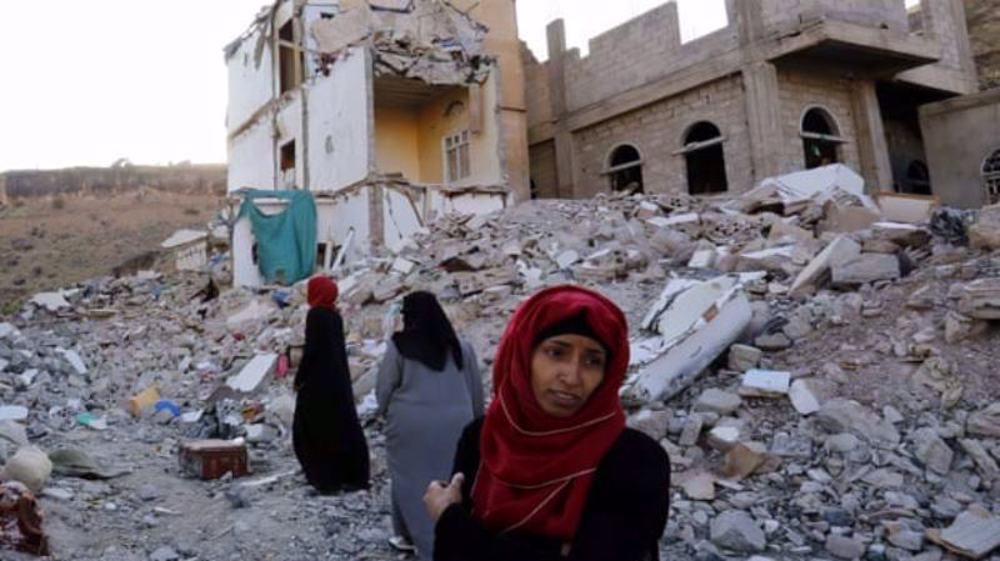
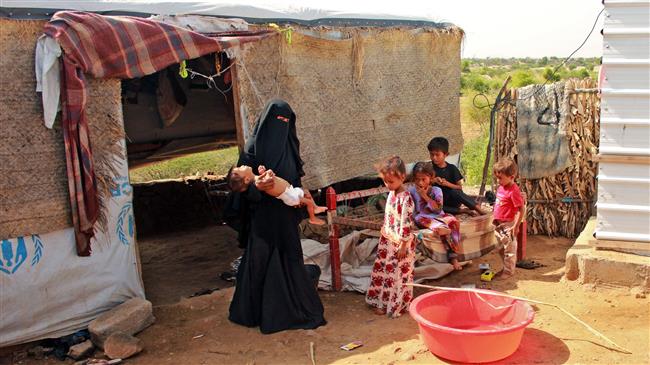

 This makes it easy to access the Press TV website
This makes it easy to access the Press TV website